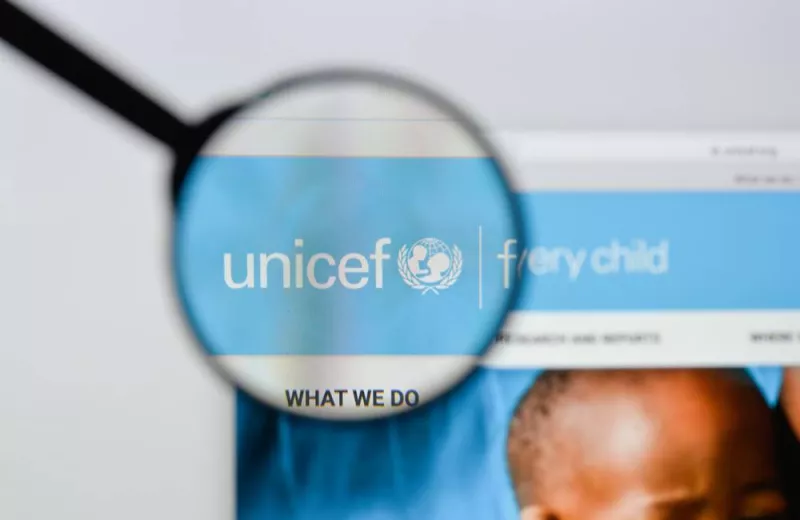Experiential learning allows students to take knowledge and skills acquired in the classroom and apply them to meet real-world challenges. For Boston College, it plays a key role in how they prepare graduates in the Master of Science in Applied Economics program for success in their careers. An example of putting experiential learning into practice is last year’s UNICEF project in which students used skills acquired in a BC marketing analytics course to help the nonprofit win back lost donors.
“The UNICEF project is a tangible example of how experiential learning benefits both the students and the partnering organization,” said Letizia Affinito, the Boston College professor who oversaw the project along with Prof. Razvan Vehicle.
What Is Experiential Learning?
To understand what Boston College sought to do with the UNICEF project, it’s important to understand experiential learning, which involves giving students an opportunity to gain knowledge, skills, and value through real-world experiences. Boston College offers experiential learning to traditional and online students by giving them the chance to work alongside industry professionals in internships. Students acquire invaluable knowledge, including advanced skills needed to drive strategy and foster successful organizational change.
Many of these opportunities are facilitated by members of the Boston College Advisory Board. Board members provide input into the creation of a curriculum that best reflects the skills needed in today’s business world. They also support students in getting placed in internships with Boston-area companies. Case discussions and partnership projects play a critical role in making experiential learning happen.
The 2019 UNICEF Italy Project
For the UNICEF Italy projects, students applied skills gained in the BC marketing analytics course to develop a plan for identifying and recovering lost donors for UNICEF Italy. They made their plan based on the analysis of behavioral items/variables, creating a statistical model able to predict the probability of lapsed donors returning after a prolonged pause in donating.
The students developed models for determining what type of campaigns had the most success in bringing back lapsed donors. Chiara Aluffi Pentini, director of marketing and fundraising at UNICEF Italy, said the next step for the organization was to verify the feasibility of making marketing decisions based on the models. “We needed to replicate the rules/models on a larger amount of data, then read and interpret the results,” she said.
The UNICEF Italy project offered students an invaluable opportunity to practice what they learned during the Marketing Analytics course. According to Prof. Affinito, “Most importantly, they could realize how a good understanding of data (how it was collected, what each data point represents, whether and how it could be delivered differently in the future, etc.) is a mandatory skill.”
Acquiring this understanding not only helps them create more performant models but also helps them effectively communicate insights and value.
Reaction to the Project
Chiara Aluffi Pentini at UNICEF said the project “is, absolutely, a valuable tool based on a sample to explore the main relationships between variables that can explain our ‘win back’ modeling.”
Students involved in the project also reported on the value of the experience. For example, student Hanyue Kang expressed that the project offered an opportunity to work with “real data” and helped students learn “how to think as a consultant and from the customer’s perspective.”
Student Ziwei Miao also shared that through the experience, “I learned how to make an analytics plan to solve a marketing problem. Compared to my previous statistics projects, where I didn’t need to spend much time on category, in this project, I had to figure out which factors were useful while learning to navigate the challenges of working as a team.”
The 2020 Approach
Once again, students in the BC Master of Science in Applied Economics Program have been invited to work with UNICEF for the experiential learning component of their 2020 summer program. We’re very excited to offer students an improved experience through new data safety protocols, ease of access to secure information, and additional information regarding modeling and analyzing for nonprofit organizations.
“This year, students have the benefit of additional research on nonprofit organizations and the best methods to increase donations,” said Prof. Affinito. “We are all looking forward to seeing the results and benefits of this year’s collaboration with UNICEF.
